OUR WORLD IS CHANGING...
Reliance on current fuel sources may become unsustainable, particularly as we are faced with challenges such as climate change and more recently, the covid-19 pandemics impact on the entire world population.
As people of the Pacific, our heritage holds the key to our resilience. Our tupuna were seafarers. They were skilled navigators and survivors, exploring te Moana Nui o Kiva (Pacific Ocean) settling amongst its crown of islands. The vaka building is a community effort that requires the skill of many to ensure its success.
The voyage stimulates and awakens other needed skills in the village such as carving, weaving, gathering food and preparing food for preservation. The vaka is where the story of the Māori civilization begins.
THE GOAL
We chose the name ‘Te Mana o te Vaka’ which means the power, prestige and authority of the Vaka. The goal of this project is to revitalize and celebrate our traditional life skills through aspects of vaka culture.
The objective is to perpetuate the traditional process of vaka making in the Cook Islands, from the gathering of resources, carving the vaka, demonstrating its use through fishing demonstrations and providing opportunities to our children, community and visitors alike to learn about them and sail them in our lagoon with qualified instructors.
The project is about creation, demonstration and education.
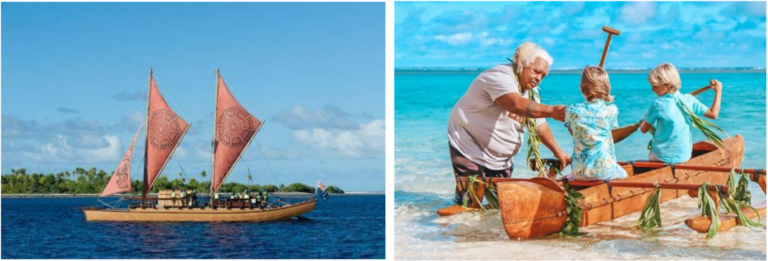
A PARTNERSHIP
This project is a partnership between Gallery Tavioni and Vananga with Ta’unga Tutara Michael Tavioni BEM knowledge holder of traditional vaka – guiding the project and the Cook Islands Voyaging Society funded by the Maritime Institute (USP). Also New Zealand Foreign affairs & trade have contributed to bring up artist from New Zealand to help out with the programme.
It will also be an opportunity for our community as a whole – artists, canoe builders, carvers, school students and visitors to be part of the event with scheduled times where they can come and learn, watch demonstrations or participate.
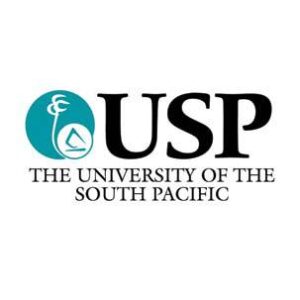
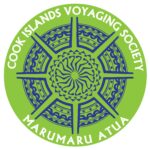
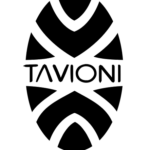
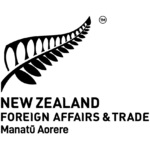
THE CONCEPT
The designs of each canoe will vary (i.e hull design, sailing rigging, freeboard height etc) reflecting the different environment (lagoon, open ocean) and uses of the canoes. Some will also incorporate more contemporary construction materials and methods. However at least two will be built using solely traditional Cook Island methods and materials including sennit (coconut) lashings and ara (pandas) woven sails. Traditional methods will be prioritised in the construction, however due to our own degradation of natural resources – some materials are in limited supply (for example, ara for weaving).
A traditional fishing competition will occur. The purposes of this fishing competition is to highlight traditional methods of fishing, sustainable fishing, the impact of overfishing and our current reliance on fossil fuels.
These vaka will then be used over summer to teach sailing, and vaka care and maintenance to up and coming sailors, and those who will be using these vaka in their home environments. There will also be opportunities for visitors and tourists to view the vaka and where possible, have a chance to go out and try them with our instructors.
Progress Updates - Phase 1 - Click on the items below to read more
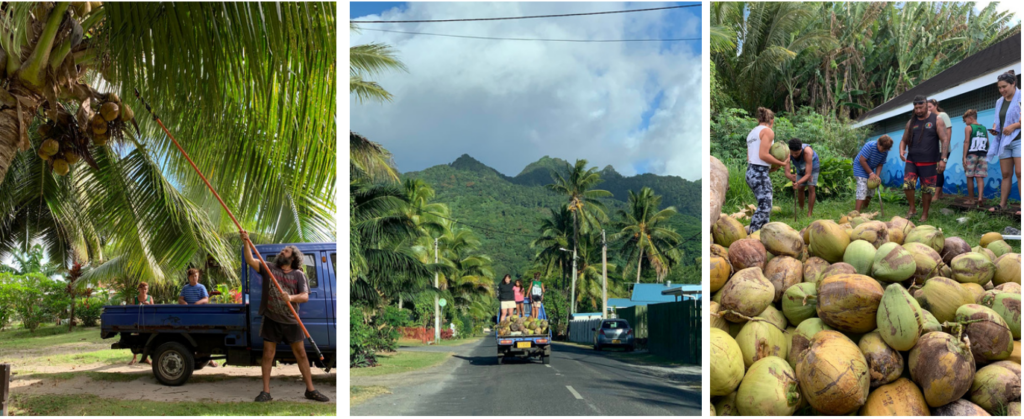
Phase 1 - Gathering and preparing rau ara to dry - Part 1
Gathering green coconut, husking and beating the puru

Phase 1 - Sennit Preparation - Part 1
Burying the puru
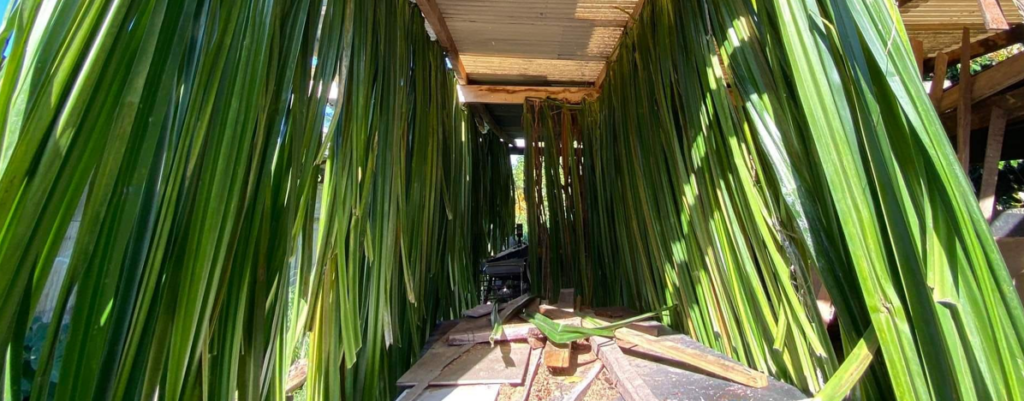
Phase 1 - Sennit Preparation - Part 2
Gathering and preparing rau ara to dry
Schedule of Events - Te Mana O te Vaka
July/August
Collecting resources and material preparation
September
Carving of vaka hull and construction begins
October
Carving and construction continues
Sennit making and lashing, weaving sails, making oe, traditional fishing instruments etc
November
Vaka complete and on display
Vaka launch ceremony
Traditional fishing demonstration begins
December
Vaka sailing and education begins in school holidays
